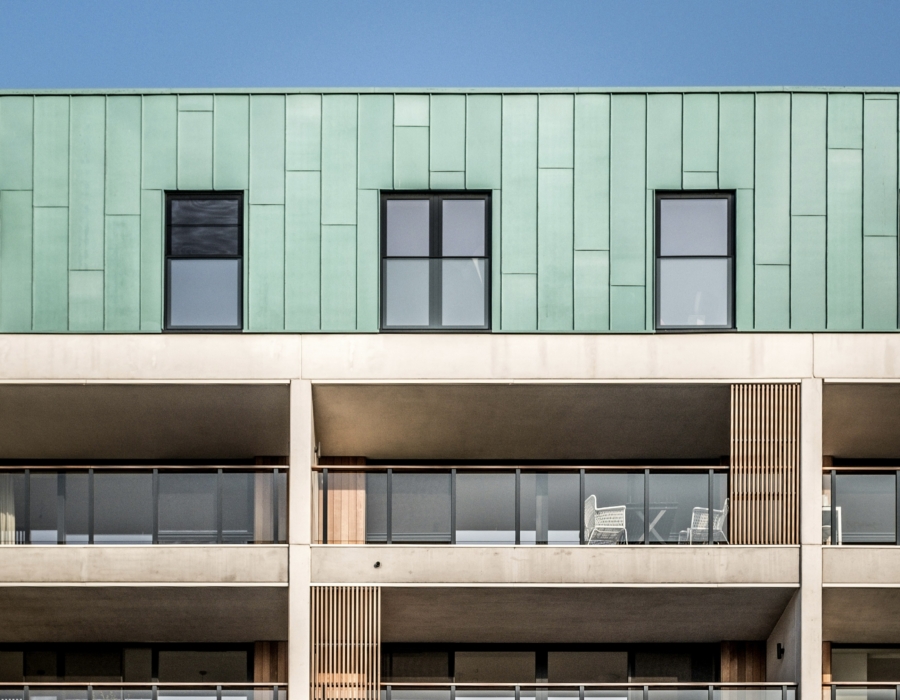
This article is part of a series of selected ESG case studies submitted by participants in the 2017 GRESB Real Estate Assessment.
“There is always more we can do to improve a building energy performance, it is about the commitment of the managers, engagement with tenants, and seeking every little improvement.”
Purpose of the project
Royal Victoria Place is a key retail asset in the BTPS fund and was a gas guzzler on its acquisition in 2012. We set up to implement a stellar energy efficiency improvement programme.
Approach
RVP participated in Earth Hour and implemented the concept of the Christmas Shut down, or how little energy did the building really need?. From this, a question was raised: ‘why don’t we do this on a permanent basis?’ After 6 weeks in planning, reviewing night time procedures, engaging with tenants and staff, a programme was set in place.
Implementation
Since 2012 a number of efficiency measures were applied at the centre. From Christmas shutdown, LED deployment and active management, The latest in 2016, the shopping centre undertook a rewarding initiative involving the on-site staff to put the building to sleep every evening. To achieve this, it took both automation and engagement from all staff.
Results
The energy efficiency initiatives at the centre lead to a reduction since 2012 of 64% in absolute energy consumption. The advantages of this initiative benefits not only the environment but also all parties involved; the cleaning team no longer work throughout the night but instead in a concentrated time frame immediately after trade while not being out of pocket, the security team have additional tools to ensure the safety of the building, the maintenance teams have less call outs for plant that has not started outside of normal working hours, and the tenants see a saving on service charge while not seeing a drop in service.
Magnitude of benefits
50-60% Savings
This case study was submitted by Hermes Fund Management.


